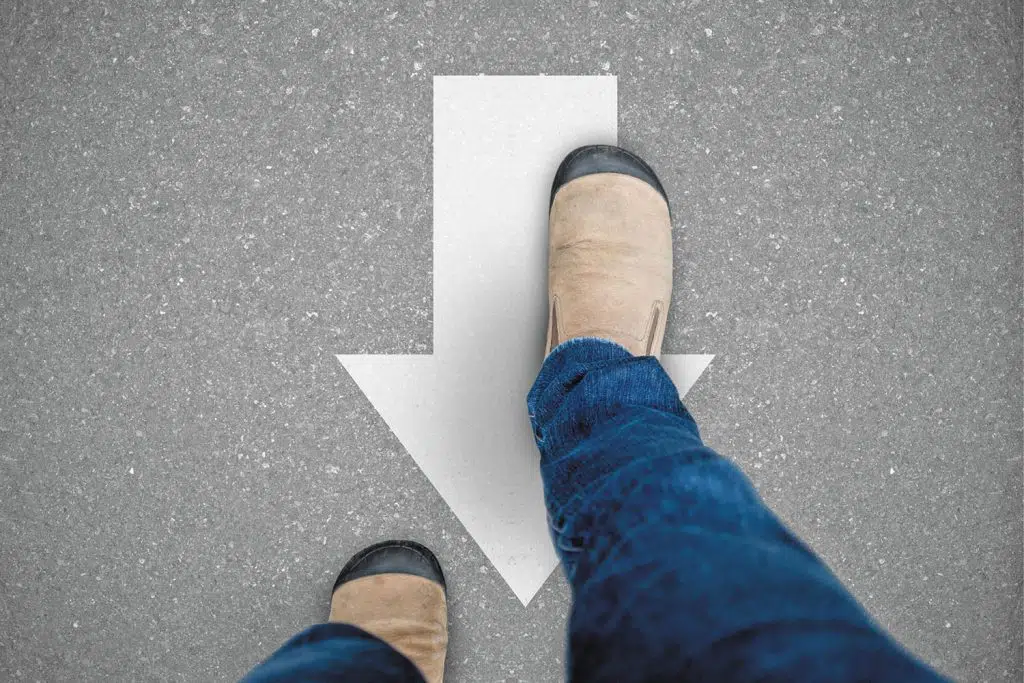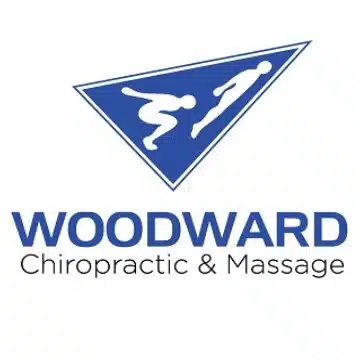Kinesiophobia, the fear of movement, is a common occurrence for patients with chronic low back pain (cLBP). Unfortunately, self-restricting one’s daily physical activity can result in muscle weakness and atrophy. This can lead to further inactivity and muscle weakness, and subsequently, poor tolerance of normal activities of daily living, work absenteeism, and depression. When the muscles around the low back or lumbar spine become atrophied and weak, the risk for acute flair-ups of low back pain (LBP) increases. This leads to more dysfunction and distress.
Studies show the muscles behind the spine (the “extensors”) are weaker in patients with chronic lower back pain. One of these muscles is the lumbar multifidus (MF). It is crucial for maintaining stability of the lumbar spine. Another back extensor muscle is the erector spinae (ES). This muscle helps to stabilize the whole spine and helps you to counterbalance when lifting heavier loads.
Low Back Pain Recommendations
Our chiropractic clinic commonly prescribes exercise for lower back pain to improve motor control, muscle strengthening, stretching, and aerobic capacity. One such exercise that Dr. Woodward recommends is walking backward. Studies have shown that walking backward can lead to better results with respect to cardiovascular fitness and MF muscle activation (which as noted previously, are often weaker in cLBP patients).
Additionally, walking backward works the lower limb muscles to a greater degree while reducing stress on the patellofemoral joint (the kneecap). This is important, as knee pain can commonly co-occur with low back pain, especially in patients who are overweight/obese. Walking backward also stretches the hamstrings, which are often short/tight in cLBP patients.
Walking backward benefits patients who already have back pain but adding this activity to your exercise regimen may also reduce the risk for low back pain in the first place!
Our North Dallas Chiropractic clinic is unique – We offer affordable, convenient, mainstream chiropractic care. We do not use unnecessary long-term
treatment plans and/or therapies.
Walk-ins Welcome! Call 972-490-9888 or schedule a pain-relieving appointment online today!



